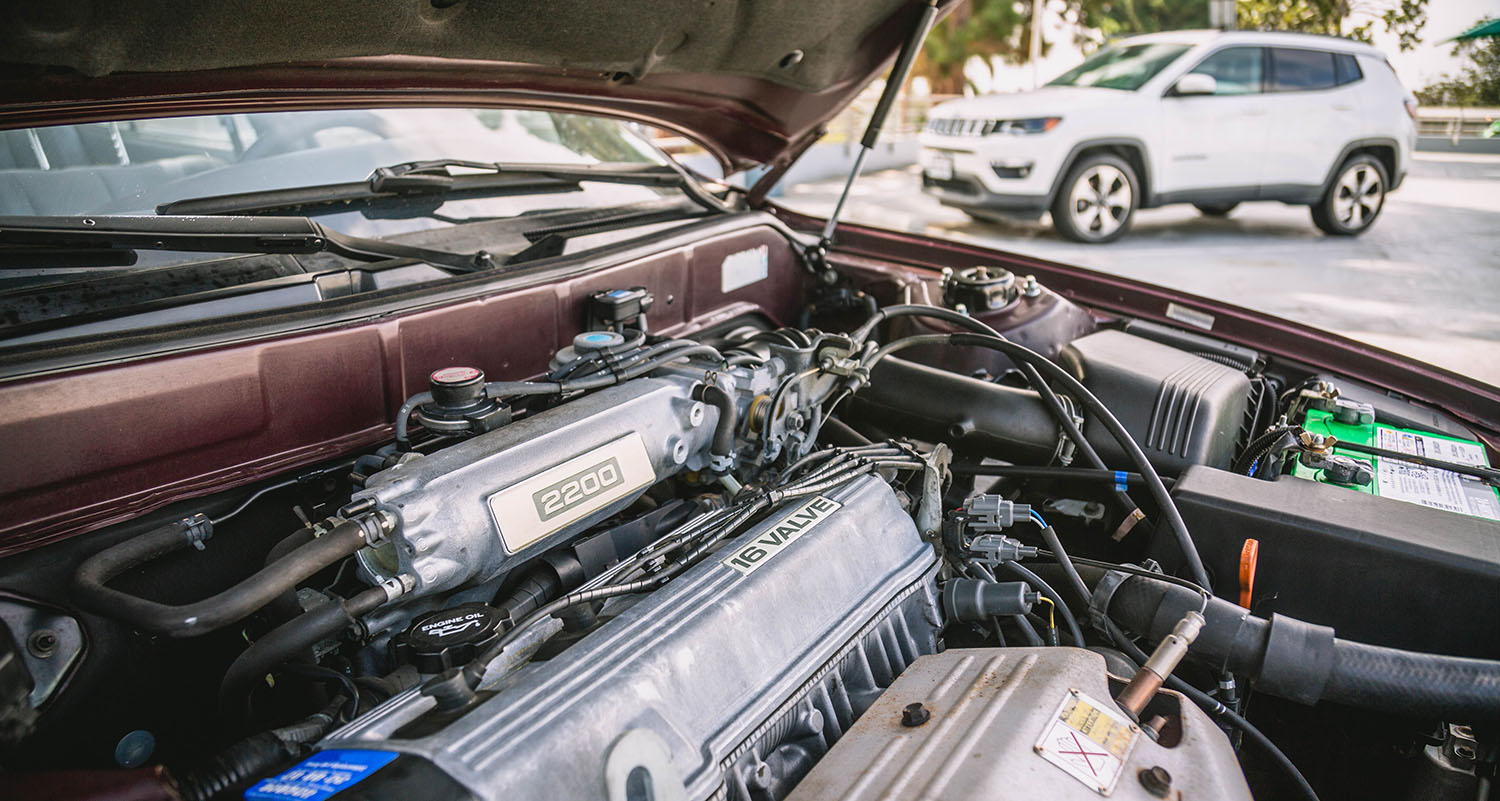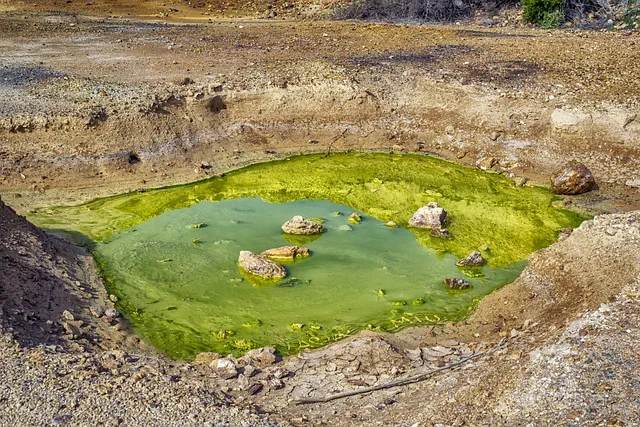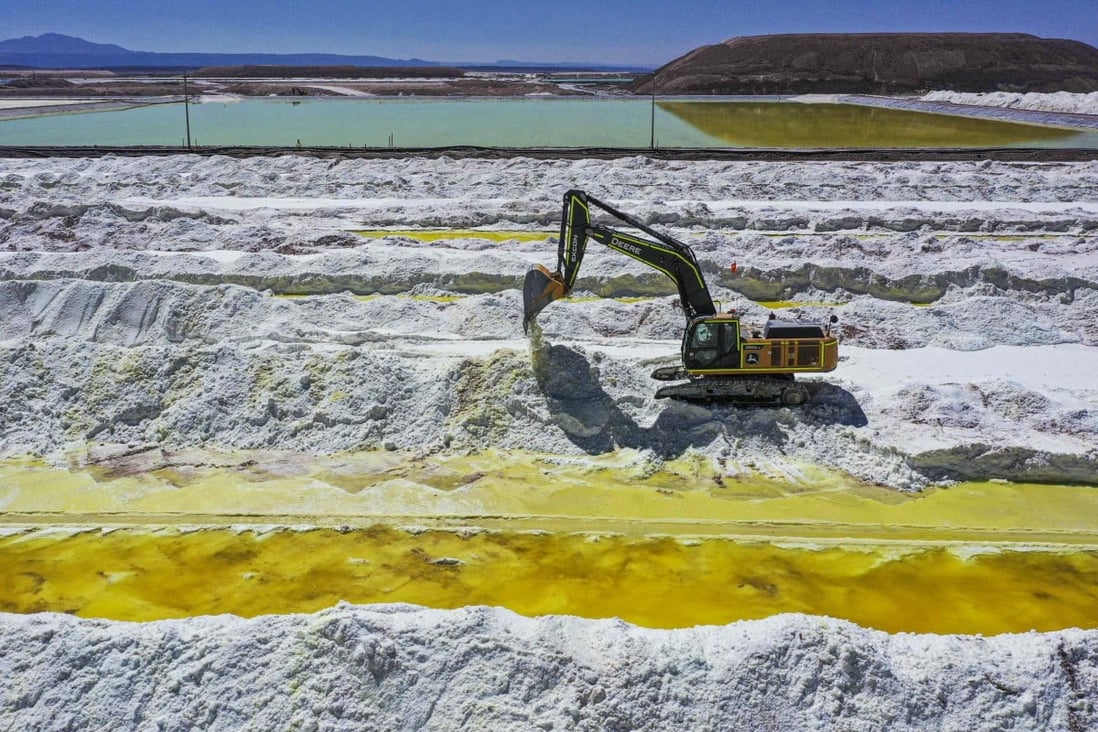Liar. I said auto manufacturers chose to go full electric long before any government action was ever taken and that is a fact.
Legislative bans are looming is an opinion. No such federal bans exist though seven states are planning such bans. California is the only state that has actually enacted such legislature which won't even begin till model year 2026 and calling it "a ban" is a stretch.
Formally known as the Advanced Clean Car II Regulations, the state's proposed mandate takes effect in stages, requiring 35% of new-car sales to be zero-emission vehicles (ZEVs) in 2026 and 68% in 2030 before reaching 100% five years later. California's plan includes state support for the shift to ZEVs with $2.4 billion for vehicle purchase incentives, charging infrastructure, and public outreach.
Critically, the Golden State's EV mandate will neither ban used ICE vehicle sales nor ownership. So residents can keep driving their gas-burning models, including classic cars.
at
Under the proposed ZEV mandate, battery-electric vehicles (BEVs) must offer at least 150 miles of range on a charge. Of the 32 BEV new models on sale in the U.S. in September 2022, BMW's Mini Cooper SE and Mazda's MX-30, with respective 114-mile and 100-mile ranges, fall short of that requirement. All the other models achieve between 215 and 520 miles of range, and this metric continues to trend upward.
To give consumers more vehicle choices, California's ZEV mandate will allow plug-in hybrid electric vehicles (PHEVs) to account for up to 20% of the sales mix. California's new rules specify at least 50 miles of battery-only range for these vehicles. Four of the 34 PHEVs available in September 2022 had a battery range of 40 miles or higher, but automakers have time to improve on this.
Find out how the state's push for electric cars will affect future new-car choices.

www.capitalone.com
California's legislation will not prevent a resident from buying a car in another state and driving it home for normal use.

www.gearpatrol.com




